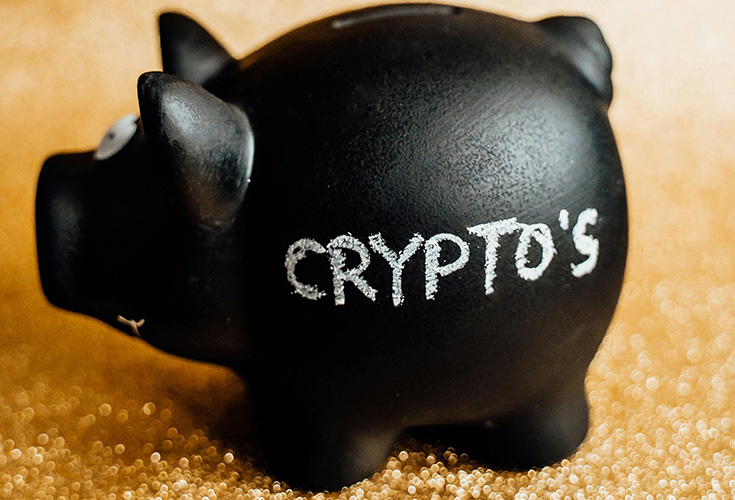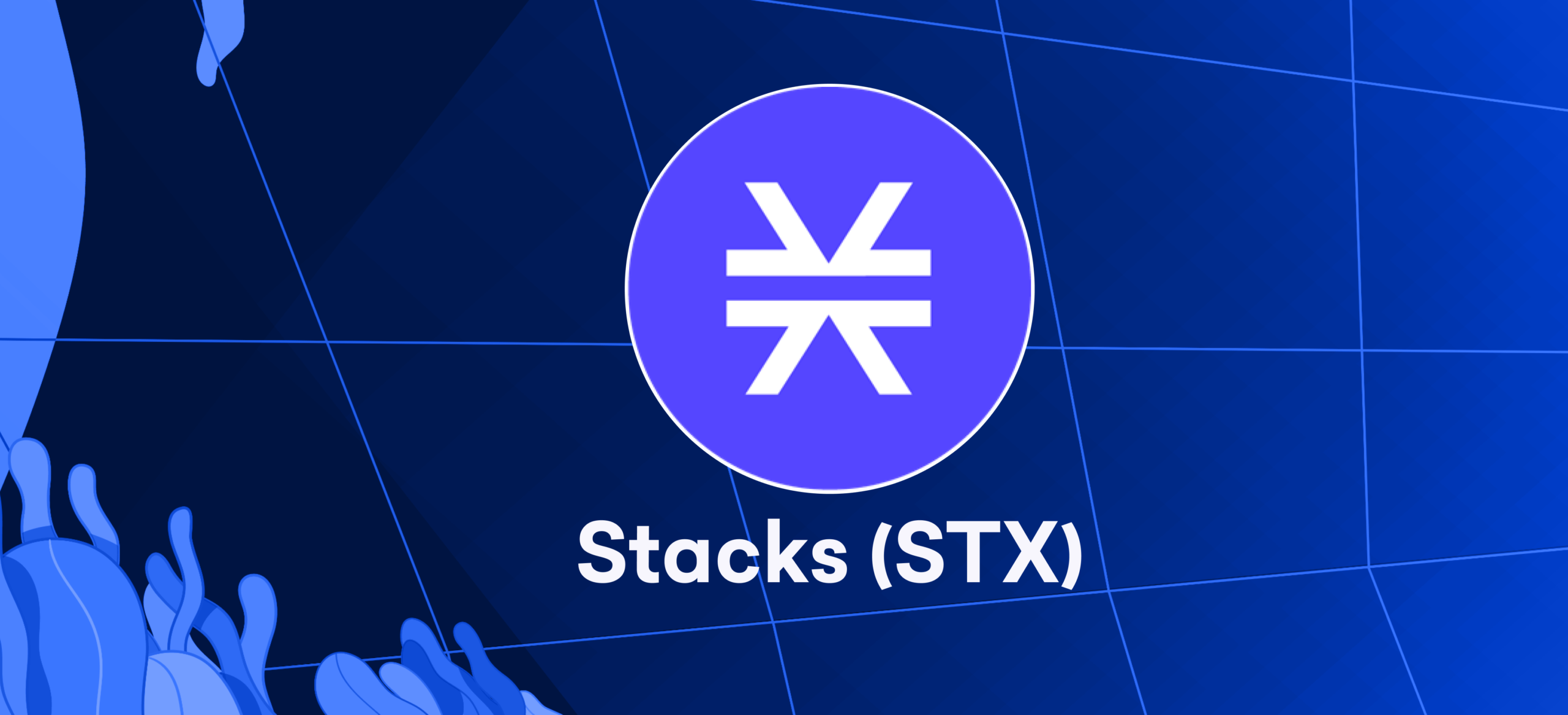
OTC trading, also known as over-the-counter trading, refers to the direct exchange of financial instruments between two parties without involving a central exchange or broker. It covers various products like stocks, bonds, derivatives, currencies, and others not listed on formal exchanges.
OTC trading has gained popularity among investors seeking flexibility, privacy, and customized transactions. OTC trading has a rich history dating back to the 19th century when traders relied on telegraph and telephone communication. As time passed, technological advancements led to the development of electronic networks and platforms connecting buyers and sellers worldwide.
To ensure fairness and transparency in practices, OTC trading is now regulated by authorities such as FINRA (Financial Industry Regulatory Authority) and organizations like the OTC Markets Group.
What is OTC Trading
OTC trading enables direct financial transactions between buyers and sellers, bypassing the need for intermediaries. In contrast to traditional exchanges like the New York Stock Exchange, the London Stock Exchange, or Binance, OTC platforms operate differently. By facilitating bilateral trading, OTC markets function in a decentralized manner.
Small companies often face limitations when trading or listing their digital assets, such as stocks and bonds, on regulated exchanges. However, the OTC market offers them opportunities in this regard. Although not subject to full regulation, traders in this market must adhere to certain basic OTC rules.
How Does OTC Trading Work?
OTC trading platforms or desks enable convenient direct buying and selling of cryptocurrencies between sellers and buyers. This process offers swift transactions without the involvement of credit cards. Instead, funds are securely transferred directly from a bank account to the seller.
Is Over-The-Counter Trading Decentralized?
OTC trading is a decentralized process. During this process, two parties directly negotiate the terms of trade with each other. They come to an agreement on the price, size, and settlement date of the underlying asset or instrument being traded. Participants in OTC trading can include individuals, banks, hedge funds, or any other financial institutions.
The market operates through a network of dealers or brokers who act as intermediaries between the parties involved. These intermediaries facilitate negotiations and oversee the settlement process. Additionally, they play a crucial role in reducing the risk of counterparty default by ensuring that both parties have sufficient collateral to cover the trade.
Currently, the OTC market boasts a vast array of securities, exceeding a staggering count of 12,000. This diverse mix includes cryptocurrencies, stocks, bonds, derivatives, and many more.
Types of Over-The-Counter Market
The OTC market group responsible for securities traded on the public market has classified them into three types. These classifications are determined by the level of information provided by the respective companies or securities.
The stock markets encompassing the OTCQX, OTCQB, and Pink Market are platforms for trading securities. However, it is believed that companies ascend in tier as additional information or reports about them become available.
-
OTCQX
Most companies listed on OTCQX also have a presence on major exchanges abroad or are potentially nearing listing on renowned exchanges like the NYSE or NASDAQ. OTCQX represents the highest tier of the over-the-counter market and, as per Mosley Fool’s analysis, constitutes just 4% of all securities listed in the OTC market.
To fulfill the requirements for listing, a company must meet stringent financial standards, which encompass minimum asset and revenue thresholds. Additionally, ongoing disclosure to investors is essential. Moreover, being listed on OTCQX necessitates regular financial reporting and subjects companies to regulatory oversight.
-
OTCQB
OTCQB, also known as the venture market, serves as a secondary OTC market primarily designed for publicly traded start-ups and developing companies.
To list their digital assets, companies must ensure that their reports are up-to-date and have a minimum bid price of $0.01. Additionally, they must not qualify as penny stocks, shell corporations, or be bankrupt. However, compared to those on OTCQX, less established financial track records are required.
-
Pink Market
The pink market, often known as the pink sheet or open market, stands out as the most speculative OTC market. It is primarily utilized by companies that fail to meet the financial and regulatory criteria set forth by the Securities and Exchange Commission (SEC).
Due to the market’s nature, trading in it carries substantial risk as investors are susceptible to scams. However, it should be noted that legitimate companies can also be found operating within the pink market. This particular market encompasses international companies, penny stocks, shell companies, and firms that disclose limited or no financial information.
-
Grey Market
Broker-dealers do not classify Grey as an OTC market, hence it is often considered separate. The companies or securities involved are not listed on any stock exchange, but they have managed to secure a listing through unconventional means.
The grey market does not provide accessibility to investors. Instead, trading is commonly conducted through unregistered dealers without regulatory oversight. As a result, it poses higher risks for investors due to limited information and a lack of transparency, which increases the overall investment risk.
How Does It Differ From Other Forms of Trading?
The primary distinction between OTC and other forms of crypto trading lies in the direct exchange of fiat and cryptocurrency in significant quantities between buyers and sellers. In contrast, alternative trading methods like spot trading occur between traders and exchanges, involving a single cryptocurrency pair with specific trade volume limitations.
Who Should Use OTC Crypto Trading?
OTC trading is a great option for traders involved in large-scale transactions. Crypto exchanges that offer OTC trading desks do so to facilitate these substantial trades outside the regular exchange environment. This ensures that such trades are not hindered by potential liquidity constraints on the exchange platform.
The trading desk is utilized by various entities, including hedge funds, private wealth managers, and high-net-worth individuals. They seek a seamless conversion of substantial cash amounts into cryptocurrencies.
For those who prefer trading smaller amounts directly, bypassing the need for an exchange, there are P2P marketplaces available, such as LocalBitcoins. Furthermore, Crypto exchanges like Binance also offer a convenient option with their own P2P marketplace for small-scale traders to utilize.
Why Use OTC Crypto Trading
There are many benefits to using OTC trading, but we will consider the top three.
OTC trading is advantageous due to better asset prices. When engaging in large trade volumes, opting for OTC trading instead of placing such trades on an exchange is advisable. This is because doing so can lead to significant price distortions and slippage, ultimately affecting the asset’s purchase price.
The trade splits into multiple smaller trades, increasing cost per trade. On the contrary, OTC trading enables the execution of large trades at a single price and in a single transaction, providing the advantages of convenience and cost-effectiveness.
OTC trading offers another compelling reason. Unlike traditional exchanges that restrict trade volume per user per day, OTC platforms have no such limits. This means you have the freedom to place orders of any size and be assured that they will be filled.
Orders placed on OTC platforms are instantly fulfilled, increasing time efficiency. In contrast, setting a large volume order on a traditional exchange can incur higher costs due to the breaking down of trades into smaller ones and may also lead to wait times for completion.
Is OTC Trading Worth Using?
If one seeks to exchange substantial amounts of fiat money for cryptocurrency or sizeable quantities of crypto for cash, engaging in over-the-counter (OTC) trading is a worthwhile choice. OTC trading proves to be the optimal method in such circumstances, delivering time and cost savings while maintaining convenience.
Benefits Of OTC Trading
The increased number of cryptocurrencies, stocks, bonds, and derivatives being traded on the over-the-counter (OTC) market is a captivating phenomenon. Investors and companies, especially smaller ones, exhibit a preference for trading through this market despite its inherent risks. What reasons could be behind that?
Flexibility
Parties involved in the flexible market can easily customize their trades to meet specific needs. This includes tailoring contract terms, pricing, and settlement dates according to individual preferences. However, such flexibility only exists due to the relaxation of strict regulatory laws that are necessary for enforcement.
Cost-effective
OTC trading, unlike regular exchanges, offers a more cost-effective option. This is mainly due to the minimal or absent regulatory and operational costs associated with regular exchanges. Additionally, OTC trading’s lack of a centralized exchange leads to lower transaction costs and fewer fees.
Confidentiality
OTC trades differ from regular exchanges regarding their operational structure, resulting in different levels of transparency and disclosure requirements. Due to this distinction, OTC trades offer greater discretion and privacy, particularly significant for large institutional investors.
More Securities and Wider Reach
OTC Trading offers opportunities for companies that fail to meet the requirements of formal exchanges. As a result, it expands the range of stocks or bonds available for investors, enabling them to reach a broader audience. This increased accessibility enhances investor participation and engagement in trading activities.
Aren’t any Risks Involved in OTC Trading?
Although the OTC market offers an appealing platform for trading securities, it is important to acknowledge the presence of associated risks.
Regulation
As stated previously, OTC markets operate without strict financial regulations. Consequently, they serve as a haven for companies that fail to meet specific requirements, thereby exposing investors to significant risks.
Counterparty
OTC markets function in a decentralized manner, distinct from regular exchanges that have centralized oversight. In the absence of a governing authority, if one party chooses to default on their obligations, the other party experiences substantial losses.
No Records
Listing on the OTC markets does not have significant requirements. Consequently, investors cannot easily access sufficient information regarding the company or its digital assets. This situation inherently presents various risks.
Liquidity
The liquidity of OTC markets tends to be low due to infrequent trading of listed assets. Consequently, buying and selling large quantities of digital assets becomes challenging alongside significant price volatility.
Conclusion
OTC trading offers a valuable alternative to formal exchange for specific financial products and participants. In contrast, it provides increased flexibility and privacy, the lack of a central exchange and the elevated counterparty risk necessitate careful consideration of risk management strategies by OTC traders.
Seeking the advice of a financial professional before engaging in OTC trading is crucial to fully comprehend the advantages and risks involved. Incorporating their expertise ensures you make informed decisions.








